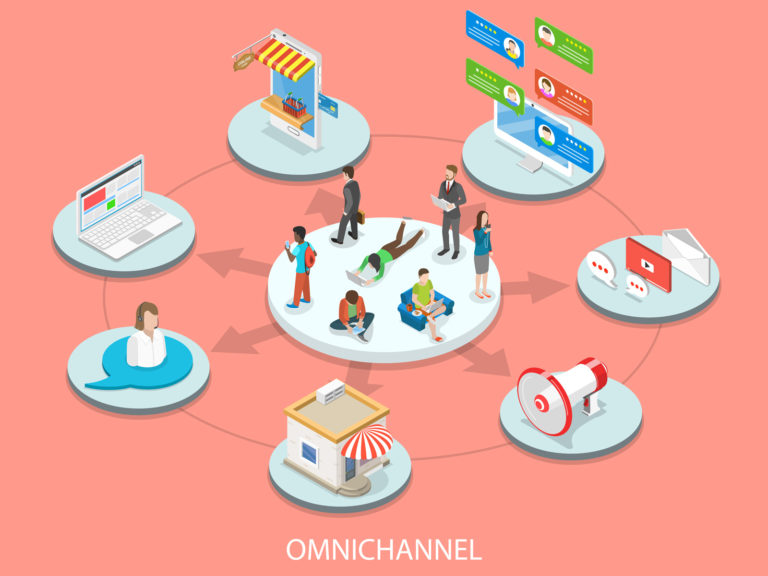Finding a manufacturer overseas is an increasingly appealing prospect for many companies that want to keep labor costs down, increase their profit margins, and gain access to a global skilled labor market. This is especially true for companies that choose to source products from low-cost countries, many of which offer a significant competitive advantage when setting up a global supply chain. Lower labor costs and higher profit margins are only some of the reasons why many firms are choosing to manufacture products in low-cost countries such as China, India, Vietnam, or the Philippines.
Although many companies stand to benefit from sourcing products in low-cost countries, doing so is often a labor-intensive and complicated process. Many companies are hesitant to invest the time and money associated with challenges of global sourcing such as navigating a foreign country’s legal regulations, cultural differences, political instability and bureaucratic red tape. The task of adapting to these realities is doubly challenging when considering that it all must be done while overseeing quality control, logistics, and the management of a foreign team.
It’s for these reasons that many firms are turning to sourcing agents, sourcing partners and global procurement consultants that can help them solve some of these problems.
What is a Sourcing Agent?
Sourcing agents are regional representatives of a firm that guard its interests abroad while providing services ranging from supplier selection, to logistics and warehousing, to quality control. In this way, firms can enjoy the many advantages of low-cost country sourcing without facing many of the risks associated with it.
Good sourcing agents have regional and industry-specific knowledge that informs the market research they conduct, and the decisions they make in terms of selecting an ideal supplier, managing logistics, and ensuring the quality of products produced.
Aspects of sourcing like supply chain analytics, customer retention, and innovation are becoming increasingly important, as explained by this article from Forbes. So it’s easy to see why working with a sourcing agent is a lucrative option since many provide these services.
A helpful way to understand why many firms are choosing to work with sourcing agents is to look at the alternative.
In many cases, a firm would have to hire an entire team of employees, and fly them to a low-cost sourcing country to meet with potential suppliers, learn about the region, negotiate logistics contracts, and implement quality control systems. All this would have to happen in a culture and legal system that the team is unfamiliar with. As you might imagine, the possible risks and upfront costs here are extremely high, so it’s easy to see why some firms drop the idea of manufacturing abroad entirely.
When working with a sourcing agent, however, manufacturing overseas becomes a great deal easier. A good sourcing agent will already have extensive knowledge of a low cost country’s industry-standard costs associated with specific manufacturing services, logistics coordination, and quality control. They’ll likely already have connections with potential suppliers, and they’ll already know how to navigate the country’s shipping regulations and legal system.
To put it bluntly, they’ll be able to make sure that a firm isn’t getting ripped off or wasting time and resources while sourcing in a low cost country. Moreover, they’ll be able to do the legwork to set up a cohesive supply chain in that country.
This is especially pertinent today, as streamlining global supply chains and minimizing red tape to get goods to consumers efficiently is more important than ever, as this piece by the New York Times explains.
What is a Global Procurement Consultant?
A global procurement consultant is hired to represent a firm’s interests abroad while helping to set up an overseas supply chain and a global procurement strategy. Global procurement is defined as a strategy for acquiring necessary goods or supplies from reliable vendors that are globally distributed. Global procurement consultants ensure that a firm is obtaining goods and supplies from global vendors that can work as part of the firm’s global supply chain.
They accomplish similar objectives than sourcing agents but have a slightly different expertise and emphasis. While sourcing agents specialize in possessing niche, regional and industry-specific knowledge, global procurement consultants often bring more of a big-picture perspective on how different parts of the supply chain can work together across the globe.
Given the growing need for reduced labor costs, it’s no wonder that the market for global procurement services is projected to continue growing, as explained in this analysis by Business Insider.
What is a Sourcing Partner?
A sourcing partner is a company that is contracted by a firm to help represent its interests overseas when setting up sourcing or manufacturing in a foreign country. A sourcing partner serves to accomplish many of the same goals as hiring a single sourcing agent or global procurement consultant. These goals can include supplier selection, logistics and warehousing, and quality control. However a sourcing partner provides access to a team of skilled experts, each with their own industry-specific and regional knowledge of overseas manufacturing and global procurement.
By working with a sourcing partner, firms can tap into the expertise of a large number of sourcing agents, global procurement consultants, and supply chain coordinators. A sourcing partner will often bring even more connections with suppliers, skills, and resources to the table than a single sourcing agent. The specific services of a sourcing partner can vary, but they can very often bring more options to the table for firms looking to manufacture overseas.
Final Thoughts on Sourcing in Low Cost Countries
When sourcing in low cost countries, learning how to delegate is perhaps the most important skill you can master. Many firms make the mistake of setting up a foreign supply chain without tapping into the knowledge of experienced professionals that bring the know-how, skills, and connections to make the process smooth and low-risk. Instead, they try to hire costly internal teams that have an extremely steep learning curve when adapting to a foreign culture, legal system, and regulations.
Don’t make that mistake.
If you need a sourcing partner that can bring the expertise of sourcing agents and global procurement consultants to the table, contact us today.



